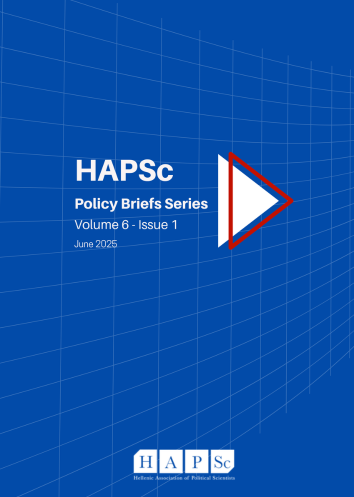Business Strategies in the Context of Modern Geopolitical Landscape: Incorporating Geopolitical Risks into Business Planning

Abstract
The ongoing global geopolitical tensions have brought back to the fore the necessity of preventing and successfully dealing with such risks by modern firms. In the current period key events are taking place on the global geopolitical chessboard such as the Russia-Ukraine war and the US-China trade relationship, the rise of Artificial Intelligence and the intensifying climate change. As a result of these ever-increasing geopolitical risks, companies are facing a constant threat that can dramatically affect their healthy future economic course and consequently their own sustainability. It is therefore considered imperative that the business world gain a deeper understanding of these risks and integrate them into their corporate planning within the framework of optimal risk management and effective corporate governance. By doing so, organizations can better prepare for potential disruptions and enhance their resilience in a dynamic and complex world environment.
Article Details
- How to Cite
-
Vousinas, G. (2025). Business Strategies in the Context of Modern Geopolitical Landscape: Incorporating Geopolitical Risks into Business Planning. HAPSc Policy Briefs Series, 6(1), 119–126. https://doi.org/10.12681/hapscpbs.43196
- Section
- Articles

This work is licensed under a Creative Commons Attribution 4.0 International License.
Authors retain copyright and grant the journal right of first publication with the work simultaneously licensed under a Creative Commons Attribution License that allows others to share the work with an acknowledgement of the work's authorship and initial publication in this journal.

